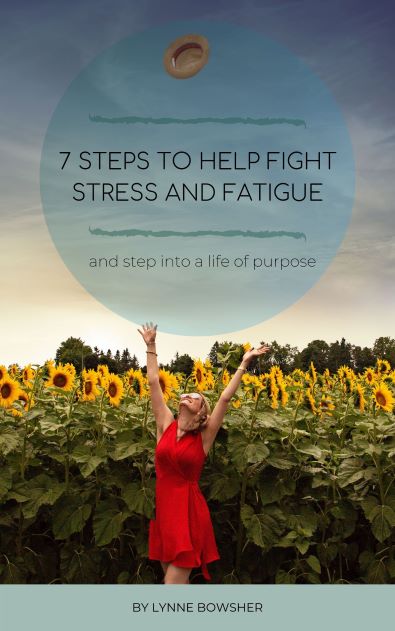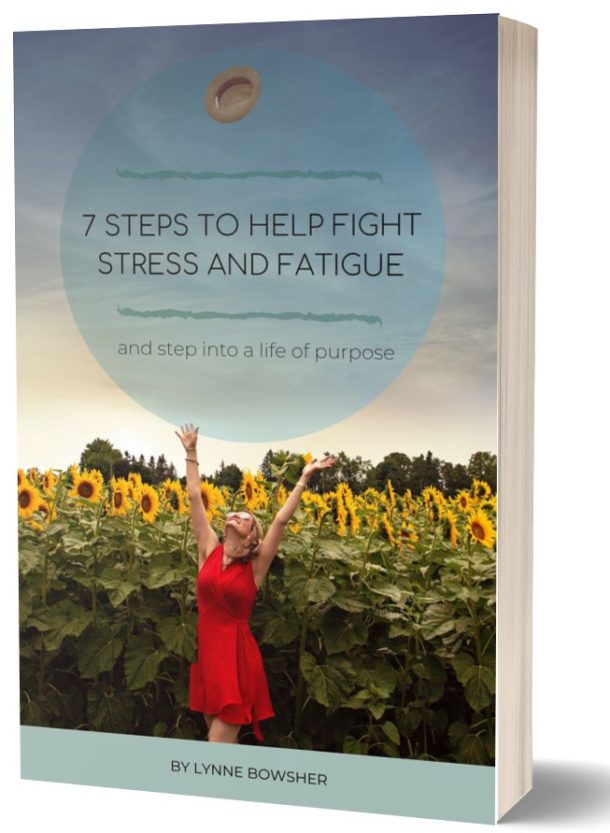Are you tired of those digestive complaints?
Wondering why you still feel hungry after eating a meal?
Are you frustrated with your calorie burning potential, or lack thereof?
Well let me ask you this very important question;
“Would you consider yourself to be a fast, moderate or slow eater?”
Surprisingly the majority of people asked this question will answer that they are fast eaters. In fact some will even say that they “eat very fast”.
Why is eating fast not a good thing? Well science knows that our optimum state of digestion and every day calorie burning can only happen when we are in the physiologic “relaxation response”, which is also known as being in parasympathetic nervous system dominance.
The Relaxation Response
This is the neurological state that is hardwired into each and every one of us in order for us to receive our best nutritional and metabolic status. In other words this is our optimum state of being in order for us to:
- properly digest
- assimilate
- calorie burn
- maintain and repair body tissues
If we were to look at this from the opposite side it would mean that any time our body is not in the relaxation response we are then in a stress state and not in our optimum nutritional and metabolic state.
The Stress Response
“The Stress Response” otherwise known as sympathetic nervous system dominance actually takes us in the opposite direction of where most of us want to go!
While living in a state of stress or the classic “fight or flight response,” we are genetically programmed to shut down any metabolic process that is NOT essential for immediate survival and protection.
Here are just some of the effects of being in the stress response:
- decreased blood flow to our digestive system (as much as 4 times less)
- decreased growth hormone, thyroid hormone
- increased insulin and cortisol
- death of our healthy gut bacteria
- impaired mitochondrial function
- excretion of all minerals and water soluble vitamins
- decreased oxygen uptake
- increased inflammation and oxidative stress
- huge 20,000 fold decrease of the enzymatic output in our gut
- decreased thermic efficiency – our ability to calorie burn
So as you can see it is not in our best interests to be in stress response!
Unfortunately most of us live in this chronic state of stress day in and day out. You see the classic definition of stress is; “any real or imagined threat, and the body’s response to that threat”.
Wait, think about that, any real or “imagined” threat. . . That means that even imagining something stressful puts us in stress chemistry. Whether it is an undesirable work situation, or relationship, problems with our children or in-laws, someone cutting us off in traffic. Each of these situations keeps us in survival mode, anxiety, and even in fear.
Simple Stress Physiology
The switch in the brain that turns on the stress response turns off digestion, assimilation and slows down calorie burning.
The switch in the brain that turns on the relaxation response turns on our full, healthy digestive and calorie burning power.
So in other words, you could be eating the healthiest foods on the planet and exercising your brains out, but if you are in any degree of stress while eating then you have extremely reduced the nutritional value of your meals. And if you are in any degree of stress while exercising you will reduce your body’s ability to burn calories.
So What Can We Do?
The answer is quite simple really, become present. Learn to live more and more in the NOW.
How do we do that, well we need to slow down first of all and allow ourselves to become present. Not just around our meals but in everything in our lives.
The Power of Now
Most of us tend to operate from the past, or we live in the future. Being present or being in the NOW can be extremely uncomfortable for many people.
- But NOW is where the action is.
- NOW is when life truly happens.
Slow Down and Breathe
I bet you have heard this before! That is because we all innately know that it works! By slowing down and breathing, we bring ourselves into the relaxation response and out of stress physiology.
It is really quite simple, just stop what you are doing and become present by taking 6 to 10 long, slow, deep breaths. You can do this standing, but sitting is best. Close your eyes and just breathe. Long, slow, soft, deep breaths that one by one gradually begin turn the inner switch from stress response off and to switch it on to relaxation response.
Sounds simple right? Well you might be surprised at just how difficult this actually is! We all have a deep ingrained, long term habit of doing everything fast and this resists the brain’s neuro plastic nature.
The good news is that it is a habit that can be transformed over time with practice, diligence and perseverance.
Slow Eating Catalyzes A More Efficient Metabolism
The act of eating fast is considered a stressor by the body. As humans we are not biologically wired for high speed eating. When we do eat fast our body enters the physiologic stress response, which results in some degree of digestive shutdown and increased nutrient excretion. And any form of psycho physiologic stress will confuse and deregulate the brain’s ability to assess satiation.
So starting today I invite you to begin your own journey towards eating slow. Before each meal take some time to just sit and become present by closing your eyes and taking 6 to 10 long, slow, deep breaths, Allow yourself time to flip the switch taking you from stress physiology into relaxation response and begin to feel the difference this makes.
And by the way allowing yourself to express some gratitude for the meal you are about to enjoy will go a long way too!
I would love to help you transform your relationship with food, body and health and empower you to achieve a balanced life of health, purpose and vitality!
Your Nourishing Nutritionist,
Lynne Bowsher

Nourishment for body, mind and spirit



 Hello! I’m Lynne Bowsher, a Certified Mind Body Nutrition Coach and graduate of Functional Nutrition.
I work with women who are struggling with stress, fatigue and who are looking for more purpose in their life.
My wish is to help as many women as I can become embodied and to embrace and love who they truly are.
Hello! I’m Lynne Bowsher, a Certified Mind Body Nutrition Coach and graduate of Functional Nutrition.
I work with women who are struggling with stress, fatigue and who are looking for more purpose in their life.
My wish is to help as many women as I can become embodied and to embrace and love who they truly are. 
Trackbacks/Pingbacks